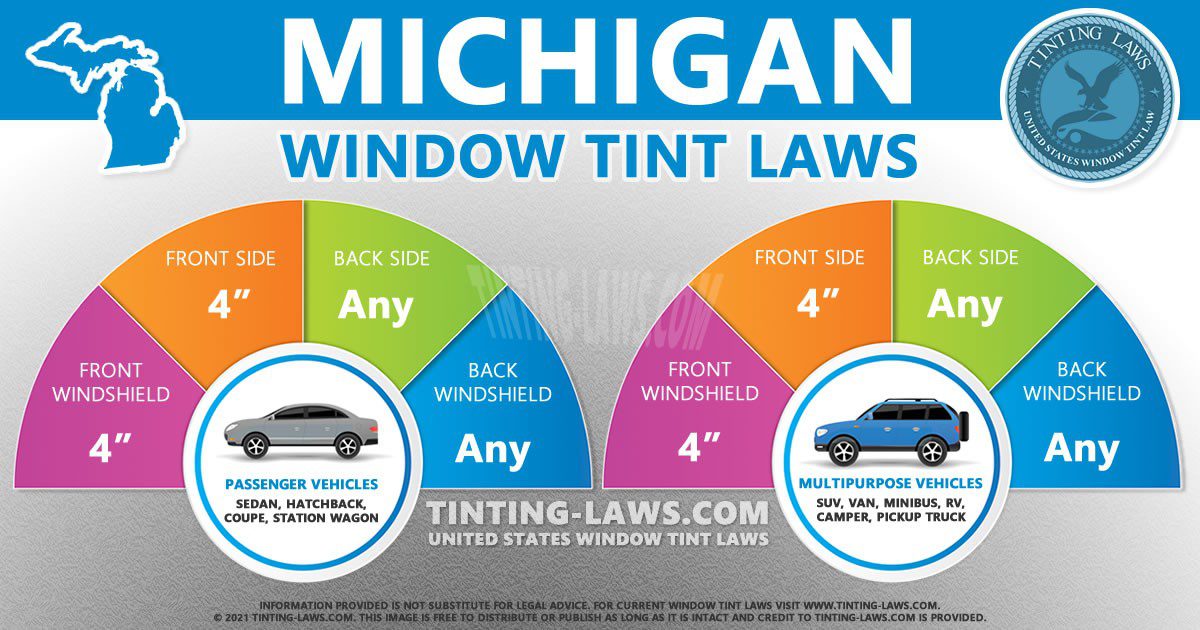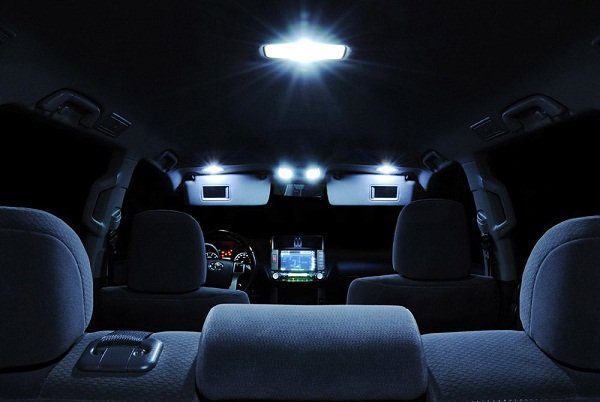Is it Illegal to Drive with Interior Lights On?
The interior lights in cars can become a safety hazard, especially when driving at night. A lot of people assume that having the lights in the car at night is illegal, but it depends on individual state statutes.
In short, Michigan has no law specifically prohibiting driving with interior cabin lights illuminated, according to Michigan State Police Traffic Services Section, Sgt. Jill Bennett. “Michigan law does not specifically say that you cannot have it on,” Bennett told the MLive news service in a 2020 interview.
However, the sergeant added that because there are other laws that do regulate light emissions from cars, driving with your dome light on could be an invitation for a traffic stop. After that, depending on what other factors may have prompted police intervention, all bets are off.
The most relevant section of law for this question, Bennett said, is the part of the Michigan Vehicle Code addressing external lights on vehicles, simply because there is not much in the law one way or other addressing interior lights.
When drivers are using the interior lights while driving, they may still be subject to getting a ticket even though the law does not directly address its legality since it can be interpreted as a distraction to other drivers, affecting another motorist’s ability to drive safely. In short, a trooper or local officer can issue tickets citing safety issues.
As with many “interpretive” infractions, whether or not drivers get pulled over for having illumination in the car depends on the police officer. They may let you go, ensuring that you’re not swerving or dangerously maneuvering. However, if driving abilities seem to be impaired, that white light could very well give an officer the green light to pull you over and issue a fine for having the interior car light on.
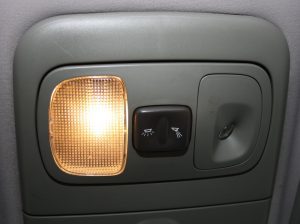 Therefore, it is always best to avoid turning on the light unless necessary and only for the amount of time needed. MSP’s Bennett clarifies in her MLive interview: “A dome light is not required vehicle equipment and is not expressly permitted in the Michigan Vehicle Code. It may be a distraction/vision obstruction for the driver. This will be left open to local interpretation.”
Therefore, it is always best to avoid turning on the light unless necessary and only for the amount of time needed. MSP’s Bennett clarifies in her MLive interview: “A dome light is not required vehicle equipment and is not expressly permitted in the Michigan Vehicle Code. It may be a distraction/vision obstruction for the driver. This will be left open to local interpretation.”
Is it Illegal to Have Colored Interior Lights?
There are no laws prohibiting the use of colored lights in cars. However, traffic laws do state that lights cannot “flash,” “rotate,” or “oscillate.” The bulbs on the back of the car that illuminate the license plate must be white, and the under-glow has to be less than 300 lumens.
How Dark is Too Dark for Window Tinting?
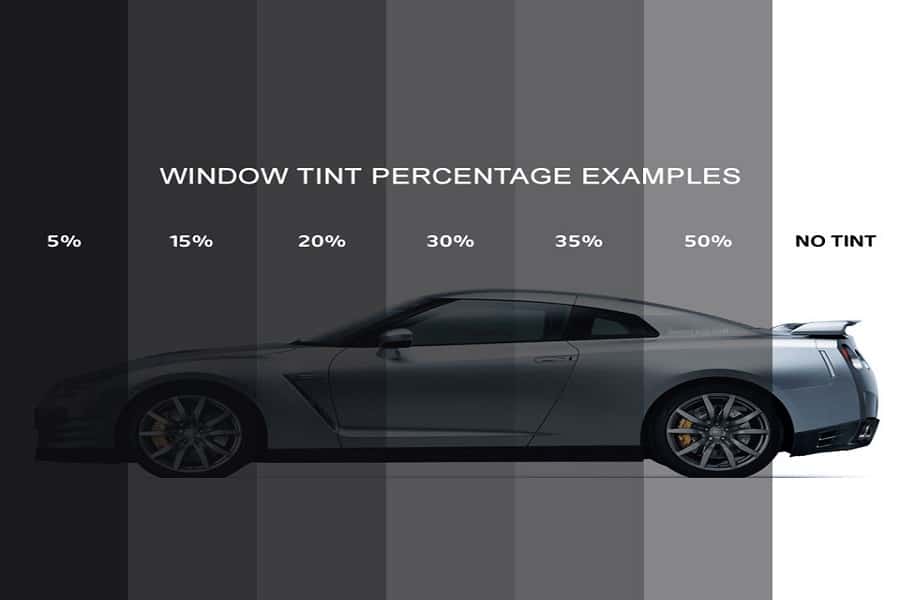
Michigan’s car window tinting laws were enacted in 2000. The percentage of visible light required for your car windows is known as Visible Light Transmission, or VLT. The percentage of light required to penetrate through film and glass in Michigan is specific and varies depending on the type of car: sedans, SUVs and vans. Michigan permits tinting front windshield and front windows (those adjacent to driver) but only top 4 inches of these windows. Tint is not allowed on any other part of these windows. (See specifics below.)
Tint Darkness for Sedans:
- Windshield: Non-reflective tint is allowed on the top 4 inches of the windshield.
- Front Side windows: Any darkness can be applied but only on top 4 inches.
- Back Side windows: Any darkness can be used.
- Rear Window: Any darkness can be used.
Tint Darkness for SUV and Vans:
- Windshield: Non-reflective tint is allowed on the top 4 inches of the windshield.
- Front Side windows: Any darkness can be applied but only on top 4 inches.
- Back Side windows: Any darkness can be used.
- Rear Window: Any darkness can be used.
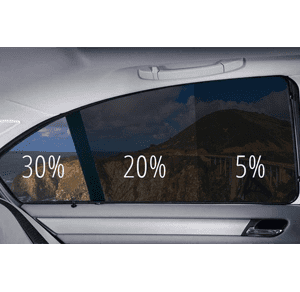 Window Tint Reflection
Window Tint Reflection
Window tint can reflect incoming light and reduce glare and heat. Michigan window tint law permits a certain window reflection when using a tint so make sure you pay attention to this as well.
Tint Reflection for Sedans:
- Front Side windows: Must not be more than 35% reflective.
- Back Side windows: Must not be more than 35% reflective.
Tint Reflection for SUV and Vans:
- Front Side windows: Must not be more than 35% reflective.
- Back Side windows: Must not be more than 35% reflective.
Other Michigan Window Tint Rules and Regulations
Michigan does have several other important laws, rules and regulations pertaining to window tinting. They include the following:
- Side Mirrors: Vehicle must have side mirrors if rear windshield is obstructed.
- Restricted Colors: Silver and gold tint colors are explicitly prohibited in Michigan.
Medical Exceptions: Michigan allows medical exemptions for special tint.
For more details about the specific terms of the exemption, or if you believe you have been wrongly targeted for a tinting infraction, contact Turner Law for more information and to see whether you may have been a victim of police harassment. Call Turner & Turner today for your free consultation at (248) 355-1727.
*Source: https://www.tinting-laws.com/michigan/
